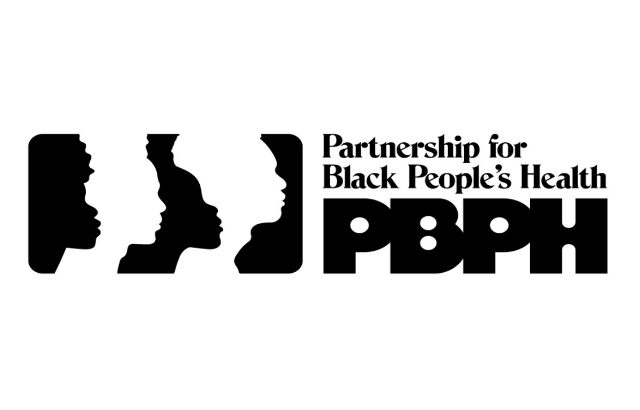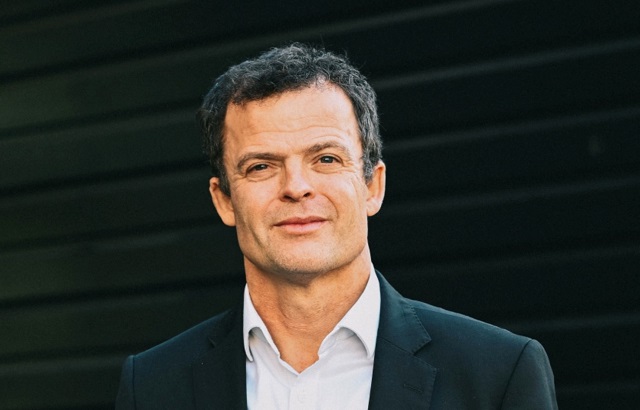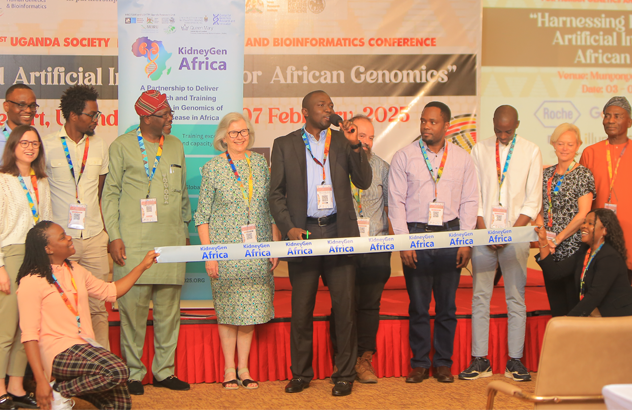New report highlights the role of community engagement in reducing health inequalities for Black African and Black Caribbean communities in the UK
The report by the Partnership for Black People’s Health (PBPH) highlights the urgent need for culturally appropriate health interventions, a demand for greater representation, and the necessity for Black-led initiatives within healthcare.

The PBPH is a new collaboration between academics from Queen Mary University of London and community leaders, healthcare professionals, and individuals with lived experiences. It aims to uplift and empower communities that have long been marginalised and underserved within the healthcare system.
Launched at the Black Health Inequalities Summit on 26 March, the report reflects the collective journey of community leaders, academics, healthcare professionals, and individuals with lived experiences who have come together to challenge the status quo and create a pathway for transformative change.
Drawn from the lived experiences of Black communities – shared through a series of public engagement events and collaborations – the report makes five areas for action:
- Concern about the deterioration of the NHS, which disproportionately affects Black communities thanks to historic and ongoing inequalities within healthcare.
- Desire for the positive impact of many alternative, traditional, and community-based ways of supporting health to be better recognised by healthcare providers.
- The need for the burden of healthcare discrimination that is carried by Black women - especially in the areas of gynaecology, pain management, and maternal care - to be addressed.
- The critical importance of advocacy when navigating the healthcare system to be recognised, with peer-led approaches taking centre stage.
- Prioritising anti-racism and the development of cultural sensitivity at all levels of the NHS.
Dr Sara Paparini, Senior Lecturer in Public Health at Queen Mary and project lead, said: “This project aims to put an end to assumptions about who can and cannot be in the driving seat of research, who is and who isn’t hard to reach, and who should decide how to frame problems and seek solutions. Communities can and will speak for themselves, and it is through the challenges and joys of co-production that we can create a new evidence-base that is able to address what appear as ‘intractable’ problems. The project intentionally centres Black Voices in health equity issues that affect Black Communities, and is also a blueprint for change in the way we carry out research across the board."
For more information and to download the report, visit the Partnerships for Black People’s Health page on the website of the Wolfson Institute of Population Health.
The project is funded by NIHR under the Programme Development Grants - Developing Innovative, Inclusive and Diverse Public Partnerships stream.
The importance of involving people with lived experience in research
At Queen Mary University of London, we pride ourselves on engaging with our local communities and learning from them. Involving people with lived experience in research is an important part of this and integral in ensuring that research works for everyone, not just certain parts of the population.
Heather Maw, a PhD student at the Centre of Preventative Neurology, recently conducted a review of Patient and Public Involvement (PPI) in the UK.
When asked what changes she would recommend to how patients and the public are involved in research, she said: "It is important that when people with lived experience contribute to research that they, and their experiences, are not treated as data or commodities or a tick box exercise, but more attention is paid on acknowledging and appreciating their time, insights and effort. There is still a way to go for people with lived experience to be treated as equals throughout the research process, including how they are paid for their time, recognising them as co-authors and valuing their perspectives.”
Related items

9 September 2025

21 August 2025
